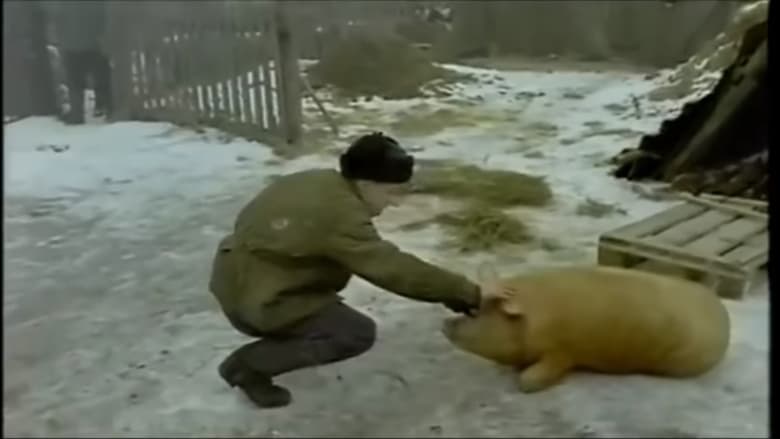Ko ta maatau whare pikitia me to wharepukapuka whakaataata ka taea noa te rere, te tango mai ranei ma nga mema anake
Me matakitaki tonu mo te FREE ➞He iti ake te waa 1 meneti ki te Haina Mai ka pai ai ki a koe te koa ki nga Kiriata Mutunga & Taitara TV.

Самостоятельная жизнь (1992)
This is the second installment of a three-part series of autobiographical films about the director's life. The first, which won various awards for its maker, was entitled Zamri Oumi Voskresni and was later retitled Zari, Umri, Vokresni ("Freeze-Die-Come to Life"). At the end of that film, set at the conclusion of World War II, the young Valerka was striving hard to overcome the inertia of just getting by, along with his sometime friend Galiya. In this one, he is adjusting to Galiya's death and is back in school and is living with his mother, a prostitute. After a girl at the school is found to have been gang-raped, the headmaster chooses Valerka to be one of the scapegoats, though he had nothing to do with the deed. The punishment seems mild enough, he was simply expelled from school. However, after quarrelling with his mother about the incident, he takes to the road, and discovers a society so bleak, degraded and hopeless that it is a wonder he remained alive.
Momo: Drama
Maka: Elena Popova, Pavel Nazarov, Dinara Drukarova, Toshihiro Watanabe, Lidiya Dorotenko, Larisa Zhvaniya
Kaimahi: Vitali Kanevsky (Director), Vitali Kanevsky (Writer), Vitali Kanevsky (Producer), Vladimir Brylyakov (Director of Photography), Françoise Galfré (Producer), Patrick Godeau (Producer)
Subtitle:
![]()
![]()
![]()
![]()
![]()
![]()
![]() ETC.
ETC.
Tuku: May 26, 1992
Rongonui: 1.297
Reo: Pусский
Studio: Дар, La Sept Cinéma, Lenfilm, Alicéléo, Canal+, MK2 Films, PolyGram Filmed Entertainment, PXP Productions
Whenua: United Kingdom, Russia, France

